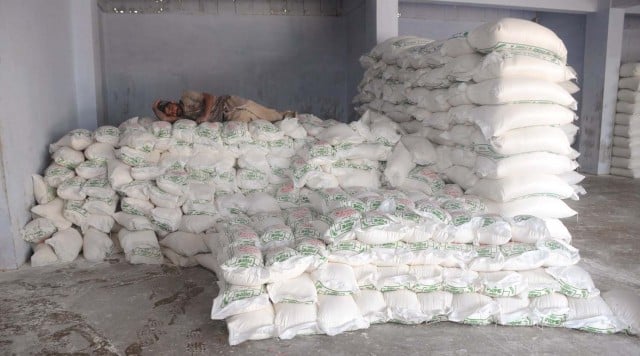Islamabad, Apr 18, 2025: President of the Faisalabad Chamber of Small Traders and Industries, Chaudhry Shafiq Anjum, has voiced strong concerns over the government’s recent decision to suspend wheat procurement from local growers this season.
He emphasized that this abrupt move reflects a complete disregard for farmers at a time when price protection is most urgently required.
Anjum criticized the government’s wheat procurement strategy as purely symbolic and lacking any real impact.
With fresh wheat arriving in the market, prices have plunged significantly.
In previous years, interventions by the Pakistan Agricultural Storage and Services Corporation (PASSCO) and provincial food departments helped keep prices stable.
READ MORE: Disruption in Petroleum Supply As Refineries Under Crisis
Unfortunately, both federal and provincial bodies have stepped back from this role this year, triggering an even deeper price crash than last season.
According to Anjum, flour mill owners who had earlier followed the government’s recommendation to purchase wheat at Rs. 3,500 per 40kg are now suffering financial setbacks, as market prices have dipped to Rs. 2,200.
This steep decline has left both millers and farmers in a vulnerable position, unable to cover basic costs of production.
Read More: K-Electric Criticized for Non-Recovery of Rs76bn Receivables
He cautioned that around 50% of flour mills across the region have already ceased operations due to ongoing losses.
If this trend continues and wheat cultivation drops in the upcoming season, Pakistan may soon face a severe flour crisis.
In such a case, the country would have no option but to rely on costly imports, which would further strain national foreign exchange reserves.
Anjum called upon policymakers to immediately review the procurement policy and provide direct intervention to rescue both farmers and millers from economic ruin.
He stressed the importance of protecting the agricultural backbone of the country, which plays a critical role in food security and economic stability.
Failing to support the farming community today could translate into higher prices, food shortages, and growing public unrest tomorrow.
